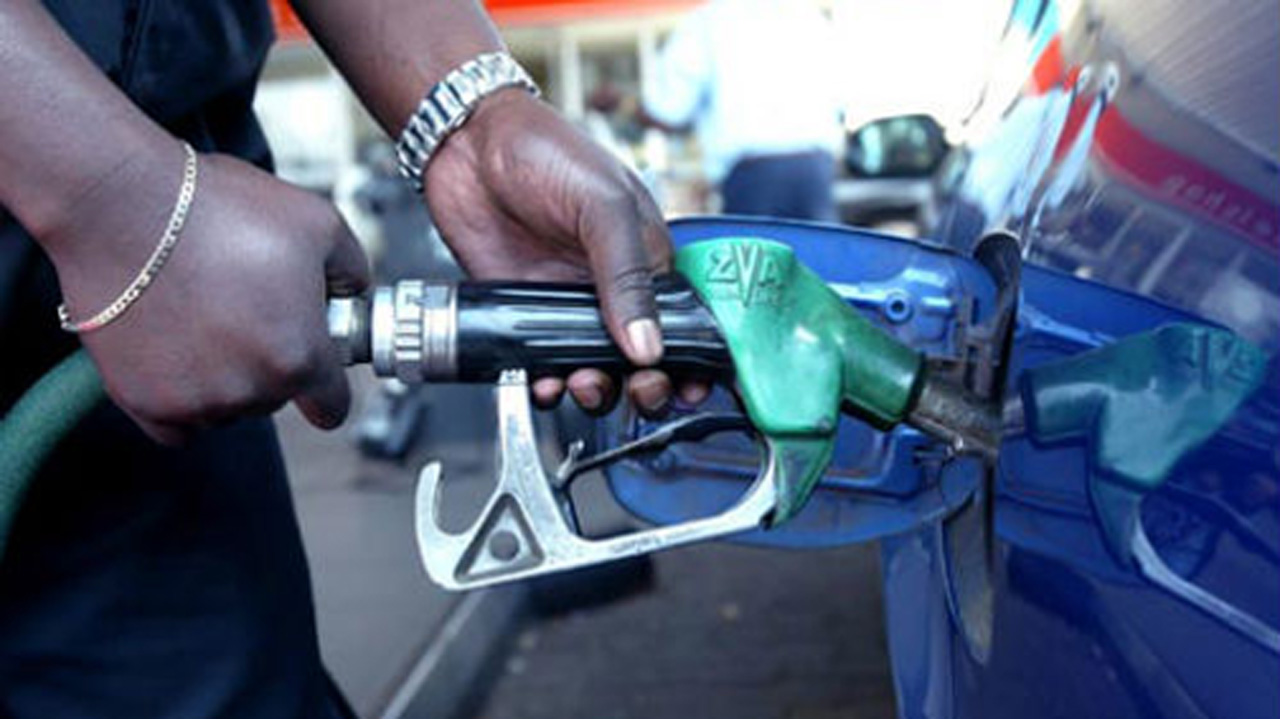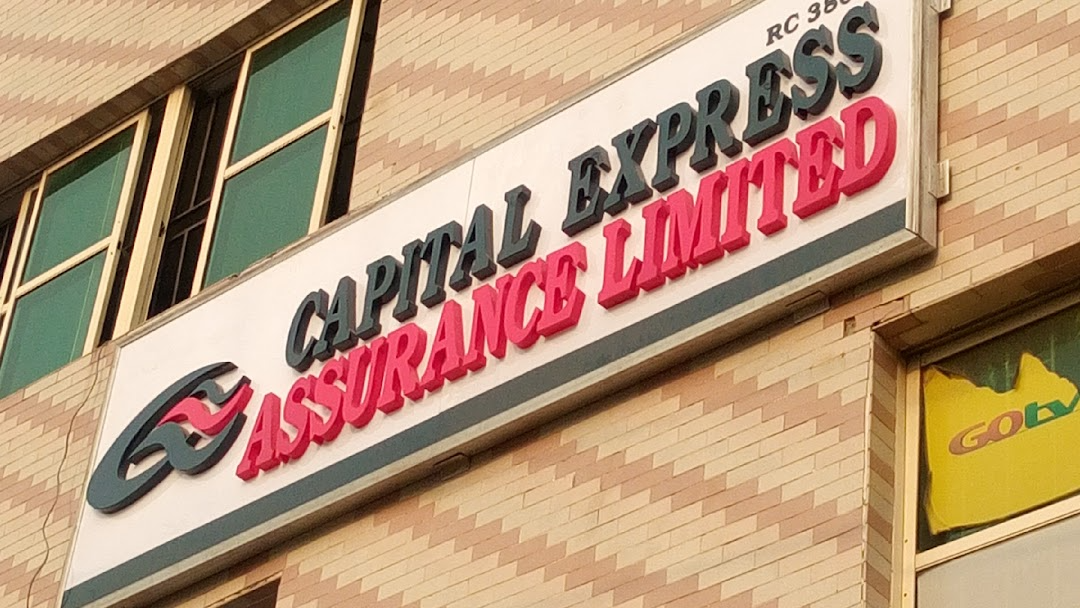Distribution Companies (Discos) have stated that Nigeria will continue to experience recurring national grid collapses unless the federal government takes urgent action to address the root causes.
Naija News reports that the national electricity grid has reportedly collapsed 105 times in the last decade.
Speaking on behalf of the DisCos, the Chief Executive Officer of the Association of Nigerian Electricity Distributors (ANED), Sunday Oduntan, highlighted that the lack of investment and proper maintenance has been a long-standing issue in Nigeria’s power sector.
The most recent grid failure, which occurred just days ago, was triggered by an explosion at a transformer in Jebba, causing a sharp drop in load and leading to a system collapse.
Oduntan explained, “The national grid has collapsed 105 times in the last 10 years. The most recent incident was due to a transformer explosion in Jebba, which led to a sudden drop in load, causing the system to collapse. These failures are the result of years of neglect, poor maintenance, and insufficient investment in infrastructure by successive governments.”
The persistent power outages have plunged major cities, including Abuja, Lagos, Port Harcourt, Enugu, and Kano, into darkness multiple times.
In the past 10 months alone, the grid has collapsed over eight times, causing nationwide blackouts.
On October 19, 2024, Nigeria experienced its third grid collapse in a single week, affecting key regions across the country.
Oduntan further emphasized that without immediate action, the situation will only worsen.
“The national grid will continue to collapse because the necessary infrastructures have not been put in place,” he said, calling for the government and industry stakeholders to declare the issue a state of emergency.
“Unless we address the root causes of these collapses, the grid will keep failing, leaving the nation in darkness,” Oduntan warned.
The DisCos’ call for urgent government intervention highlights the need for comprehensive reform and investment in Nigeria’s power sector to prevent further grid failures and ensure stable electricity for the nation.

 1 month ago
4
1 month ago
4










![Omotola Jalade in hospital bed, battles life threatening illness [VIDEO]](https://dailypost.ng/wp-content/uploads/2024/11/images-41.jpeg)



 English (US) ·
English (US) ·